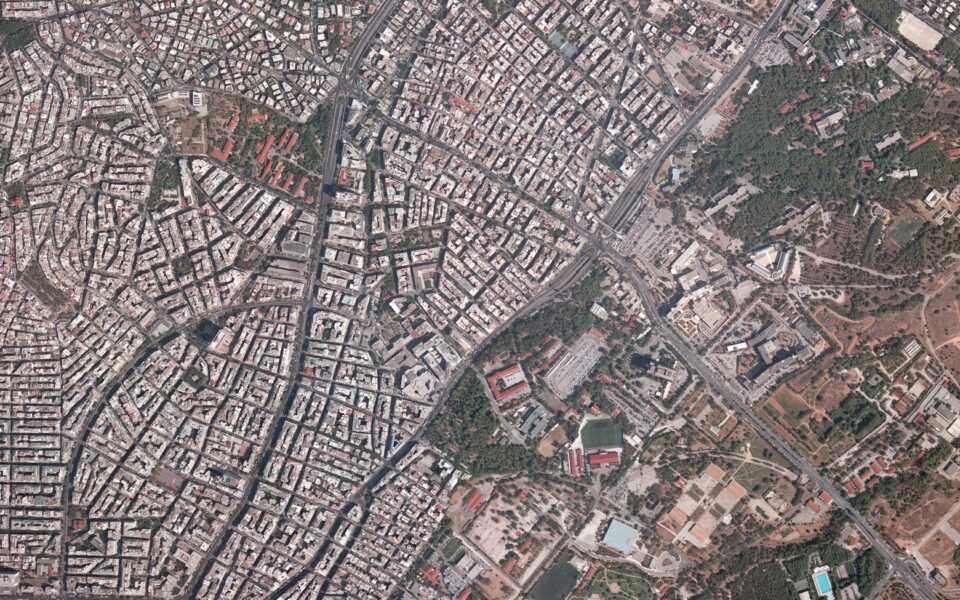Chaos with state properties
ETAD’s assets, whose total value is far smaller than estimated, are lost in a snarl of red tape

Shortly before the country was forced to sign its first bailout agreement in 2010 there were proposals for the utilization of the state’s real estate by issuing a bond guaranteeing the approximately 72,000 properties managed by the Hellenic Public Properties Company (ETAD) to finance the debt, with talk about the possibility of raising 50 billion euros.
The years passed, the Greek debt increased and instead of a bond secured by ETAD properties, the Superfund was established with a much wider portfolio and ETAD as a subsidiary, as well as bank bailout fund HFSF, TAIPED and dozens of very important holdings in listed and unlisted businesses. But the debate over how to tap the state’s real assets continued.
However, when a few years ago a businessman tried to start a fish farm on Agathonisi, the true extent of the chaos in ETAD’s portfolio began to be revealed, challenging the myth of this great, untapped revenue source.
As it turns out, the true value of ETAD’s portfolio is neither €50 billion, nor €10 billion, nor even €5 billion. It is probably closer to the amount of €1.27 billion as reported in its financial statement for 2022.
Thousands of asset numbers are just that: numbers. Many don’t even refer to specific areas. Others talk about land in a specific place without it being recorded on any registry, let alone a land register. Thousands more concern rights of minor importance and value such as small ownership percentages in very small holdings.
This does not mean that ETAD does not have assets, even significant ones. It means that although it has property, with the exception of 2,500 properties that have active leases, it either does not know where all of it is, or it is tied up in legal disputes with individuals, or it cannot be utilized in the best way because of the unclear regulatory framework that governs it.
Among the reasons for the chaotic legal regime is that its properties come from different entities it has gradually incorporated, and that there are thousands of “missing” assets, due to their incomplete, unclear or even non-existent registration.





